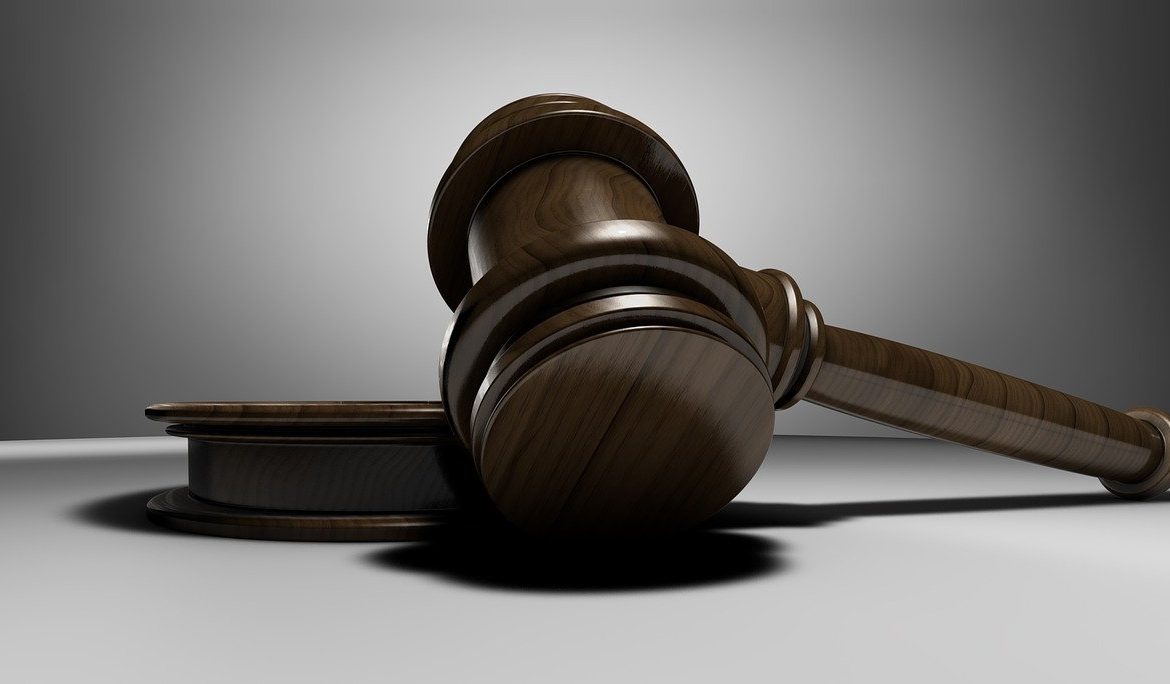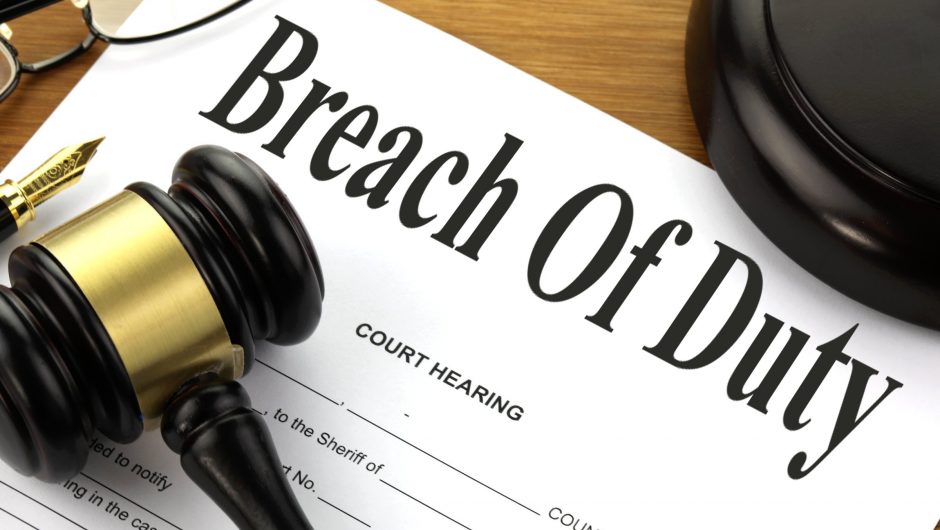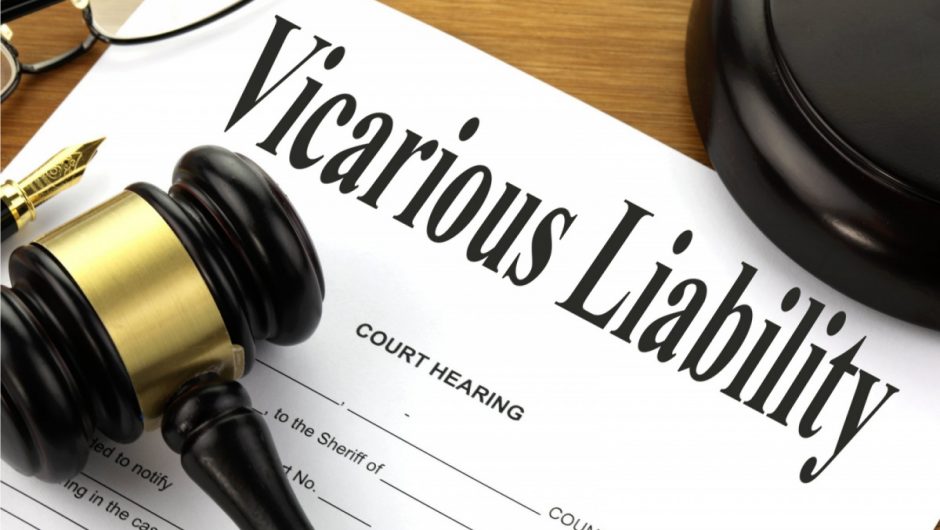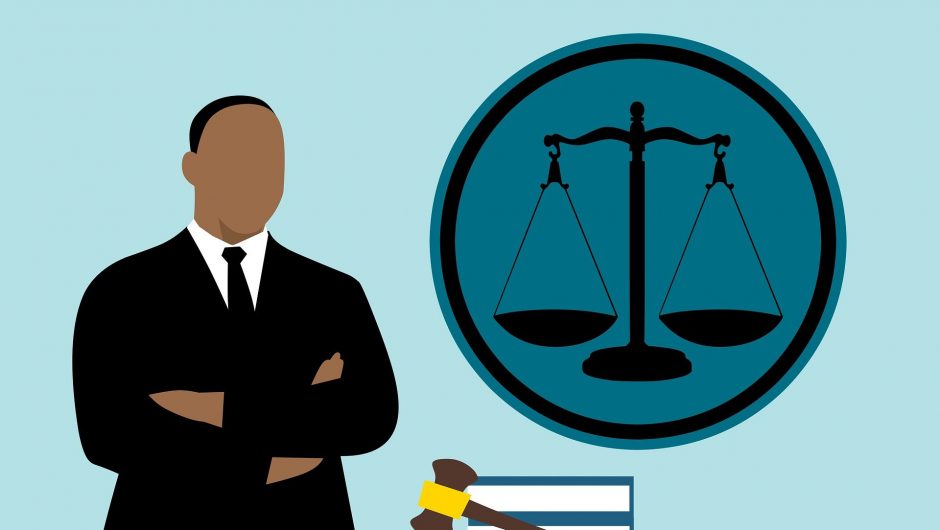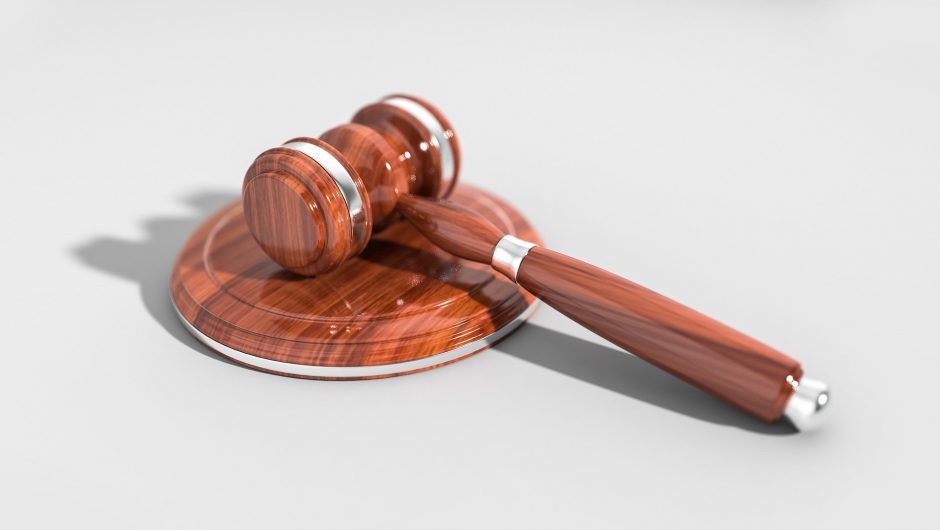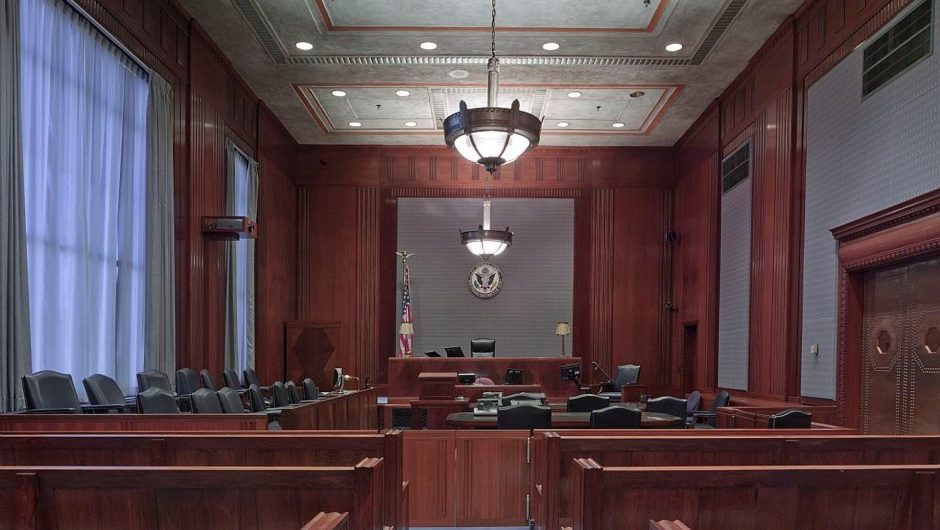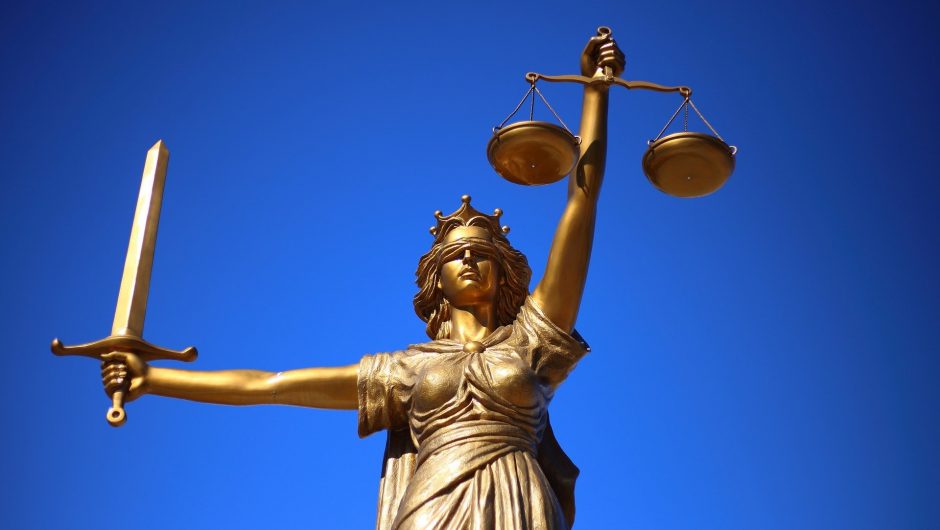In basic terms, the double jeopardy amendment clause in the US constitution is designed to ensure that no person can be tried for the same crime twice.
What is Double Jeopardy
The basic knowledge of what is double jeopardy is that the act of a person doing the same mistake twice can be punished.
In other words, if you have been to court and been acquitted, the double jeopardy clause in the fifth amendment is there to protect you from further persecution. It is a part of the law that deeply ingrained in the American judicial system and is there to allow you to move on with your life without having a constant fear of going through the same ordeal again at a later date.
As you might expect, the double jeopardy clause is not a cast-iron guarantee that gives you total immunity from further prosecution, in certain circumstances.
Double Jeopardy Basics
- He / She who has a criminal offence but not guilty and is punished by a prosecution
- A prosecution for a person is guilty for his criminal offence
State and federal courts
A notable ruling that the supreme court made in 2019 allowed someone to be prosecuted for the same offenses in both the federal and state court systems.
Although the double jeopardy clause in the fifth amendment generally does not allow subsequent prosecutions the supreme court decided that it was acceptable to make one notable exception to this rule.
The Federal government and the states decides to be viewed as independent sovereignties, therefore, it becomes possible for someone to be tried for the same crime twice.
However, it should be noted that this ruling has met with resistance and some judges even described the decision as a violation of the fundamental principles of fairness outlined in the double jeopardy clause.
Can Different Charges Be Paid For The Same Action Or Multiple Offence?
The issue of civil lawsuits
It should still be viewed that, in general terms, the double jeopardy clause does still provide immunity from further prosecution as it was designed to achieve when laid out in the fifth amendment.
It is important to understand that double jeopardy only applies to criminal court cases and this means that the clause does not deny a claimant the opportunity to raise a civil lawsuit for the same offense.
A typical example of this would be if a defendant receives a not-guilty verdict on a manslaughter charge as a result of being drunk in charge of a vehicle. The family of the victim might decide that they want to sue for wrongful death through the civil courts.
Double jeopardy does not prevent them from filing a civil lawsuit even when the defendant has walked free from a criminal court. Even if new evidence comes to light that proves their guilt beyond a reasonable doubt, the case could not go back to a criminal court for a retrial, once acquitted.
Instead, a civil lawsuit could be used to pursue justice.
One of the most famous examples can be when O.J Simpson was found not guilty of murder but was subsequently found liable for the wrongful death of Nicole Brown in a civil court, and ended up being ordered to pay $33 million in damages.
Double jeopardy only done when a defendant is placed on trial, usually after a jury has been sworn in. Once that happens, in a life time opportunity to be used to do same crime or acquitted, but a verdict has to be reached before this clause in the fifth amendment comes into play.

